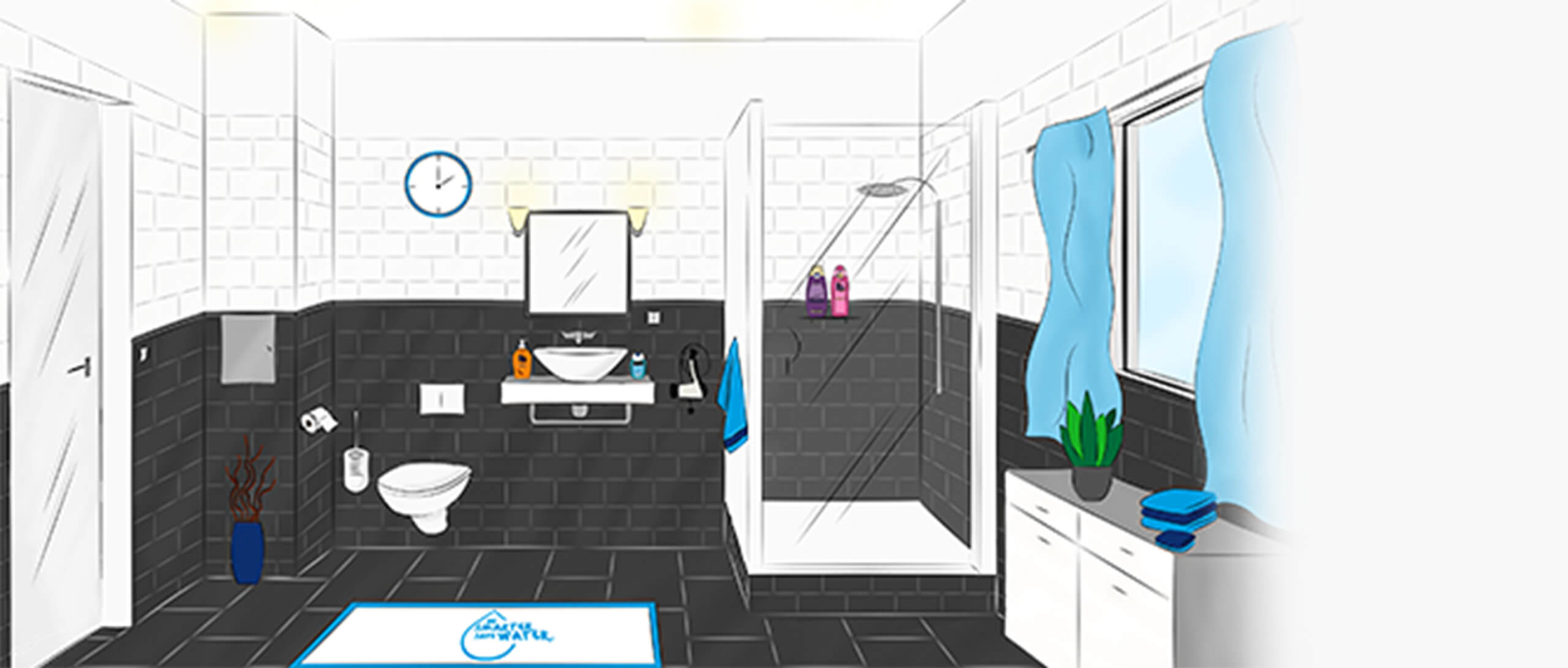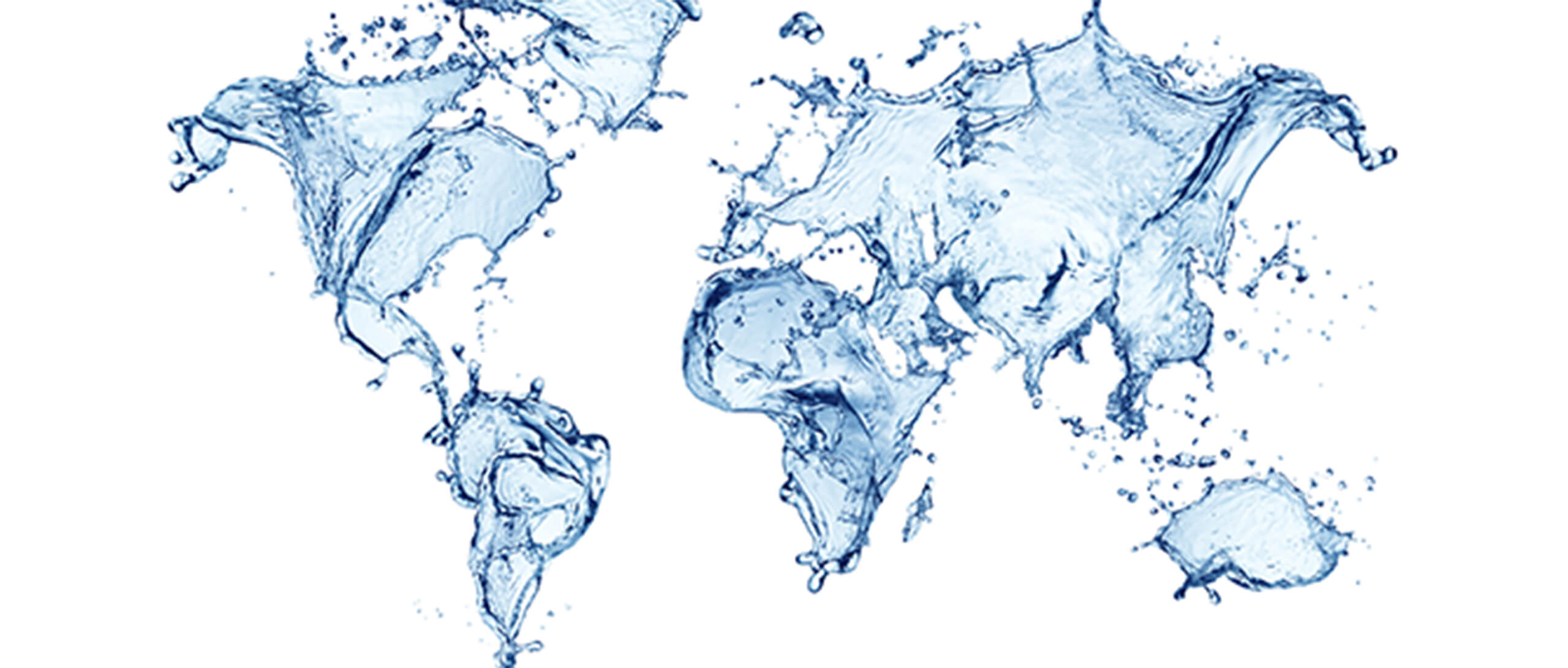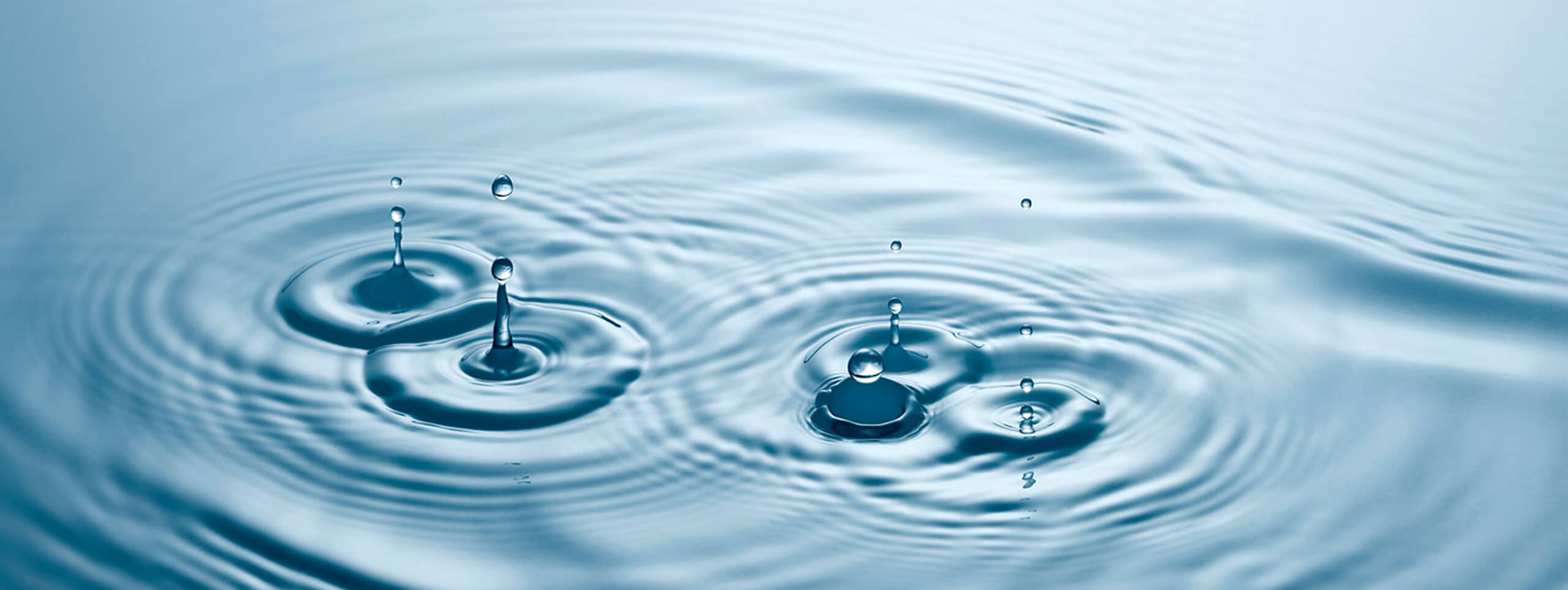
How can I save water?
Each of us spends up to 250 litres of water every day.
It’s up to every single one of us to reduce this waste of water by saving a few litres during our daily routines. And it’s very easy!
In the bathroom
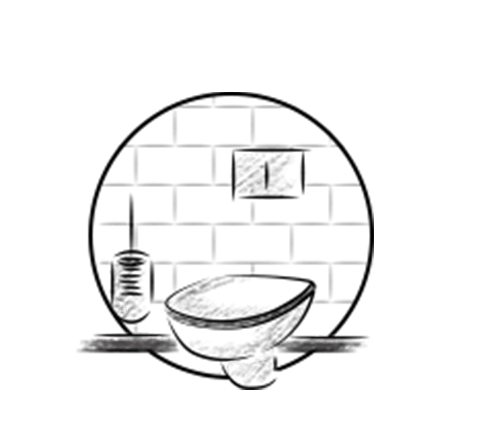
Flushing the toilet
There are toilets that provide the possibility to choose between 3 litres or 6 litres per flush. To save water, it’s always better to use the 3-litre-flushing cisterns or to buy a cistern with a water-saving device.
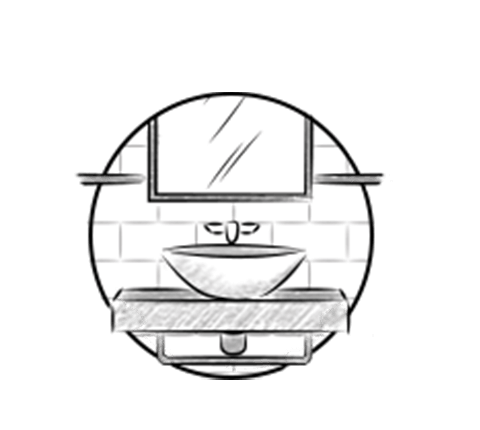
Washing your hands and brushing your teeth
Never let the water run unnecessarily. Stop the water tap while soaping your hands or brushing your teeth to avoid unnecessary water consumption.
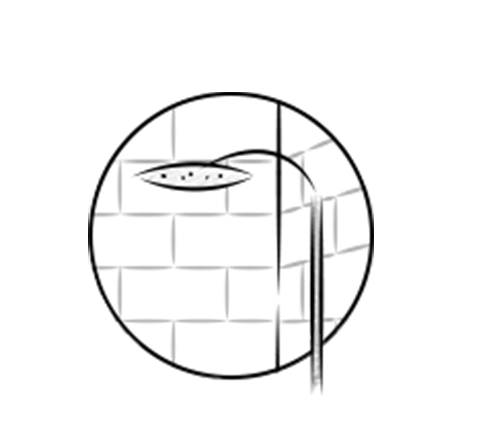
Having a shower
Stop the water while soaping yourself and, if possible, just have one shower per day.
Extra tip: Install shower heads with a water-saving function!
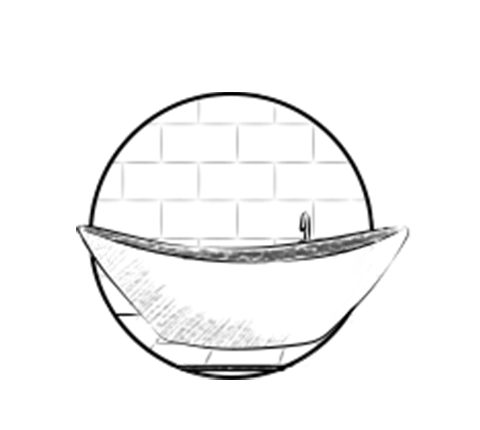
Having a bath
A full bath takes 150-200 litres of water. Therefore, take a shower rather than a bath! If you have got a bath tube at home, it may be possible to install a shower head holder and a shower curtain.
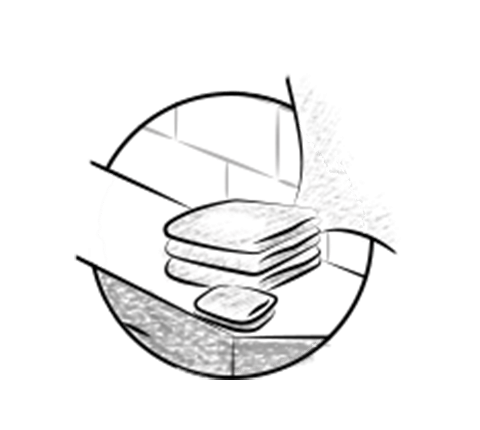
Using towels
Use your towels more than just once. There is no need to wash them after each use.
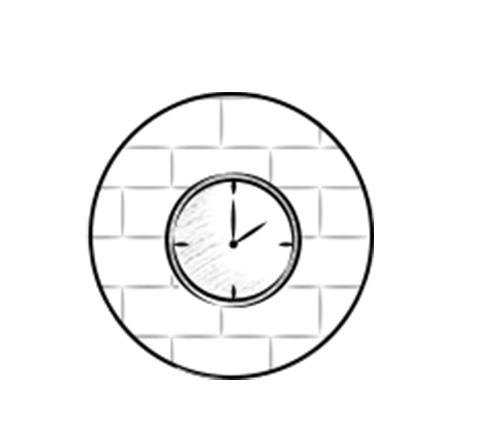
Keeping an eye on the time
Be quick! Always keep an eye on the time. Reducing your shower time will save water, money and you will have more time left for the more important and beautiful things in life.
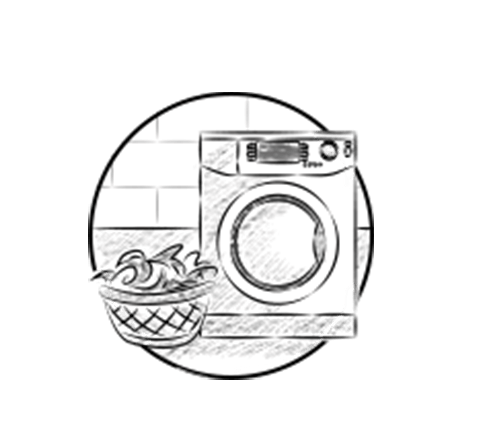
Using the washing machine
Use the washing machine only for full loads.
Extra tip: Washing dark clothes in cold water saves water and energy and helps your clothes retain their colour.
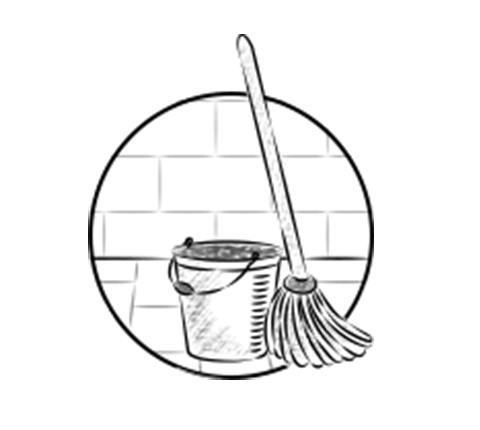
Cleaning your house
When cleaning your house, only use the amount of water you really need. There’s no need to always fill the whole cleaning bucket, half the water will do most of the time.
In the kitchen
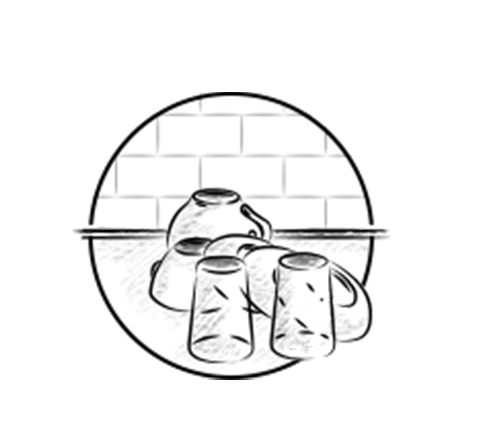
Washing the dishes
Washing dishes under running water takes about 150 litres of water! It’s much better to fill the sink with water and wash your dishes in it. This takes only 20 to 30 litres and is also more convenient.
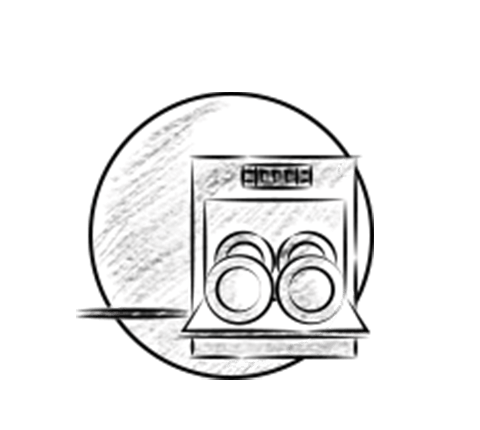
Using the dishwasher
Dishwashers typically consume less water than you need for washing your dishes by hand. However, you should only use the dishwasher when it’s completely filled.
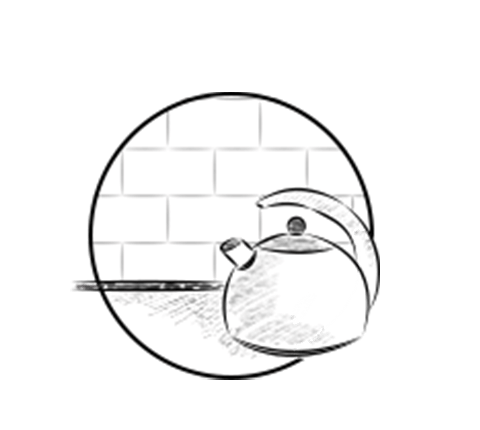
Heating water
Heating water takes a lot of gas or electricity and moreover, time. If possible, use a kettle to heat the amount of water you need. That way you avoid surplus water flowing down the sink unused.
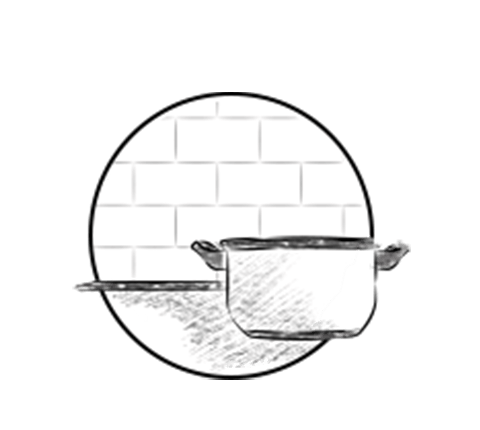
Cooking food
Cook your food in as little water as possible. This also helps it retain more nutrients. Also, make sure you select the proper pan size. Large pans may require more cooking water than necessary.
Outdoors
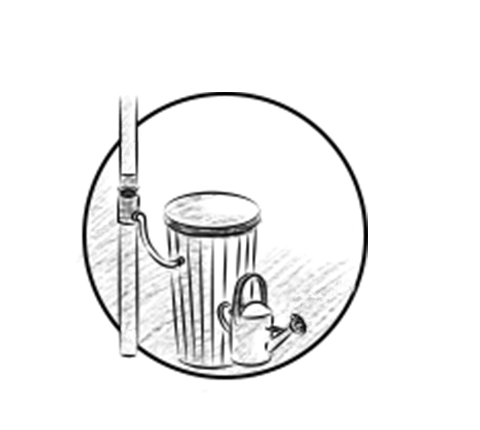
Collecting rainwater
If you have got the possibility to collect rainwater, use it to water your plants. This saves money as well as useful drinking water and will also keep your plants beautiful and healthy for a long time.
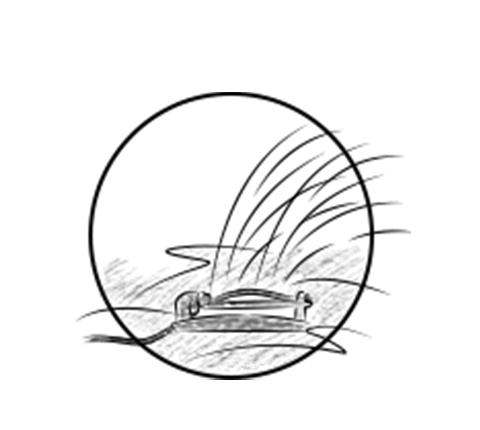
Using the sprinkler
Check your sprinkler system frequently and adjust sprinklers so only your lawn is watered and not your house, the sidewalk or the street.
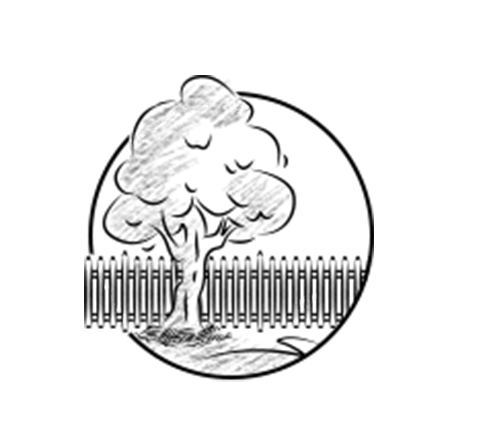
Taking care of trees and plants
It’s a good idea to put a layer of mulch around trees and plants to reduce evaporation and keep the soil cool. Organic mulch also improves the soil and prevents rank weeds.
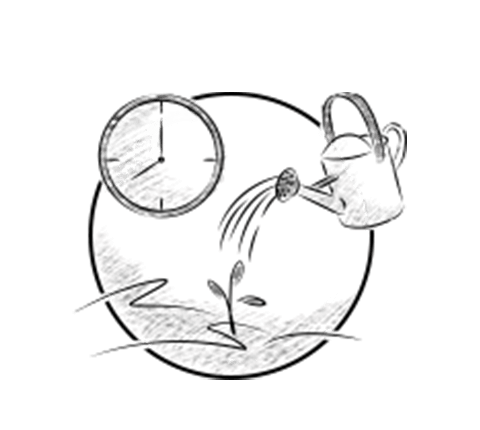
Watering at the correct time of day
Water your plants early in the morning or late in the evening when temperatures are lower. Watering when it’s hot and sunny is wasteful because most of the water evaporates.
